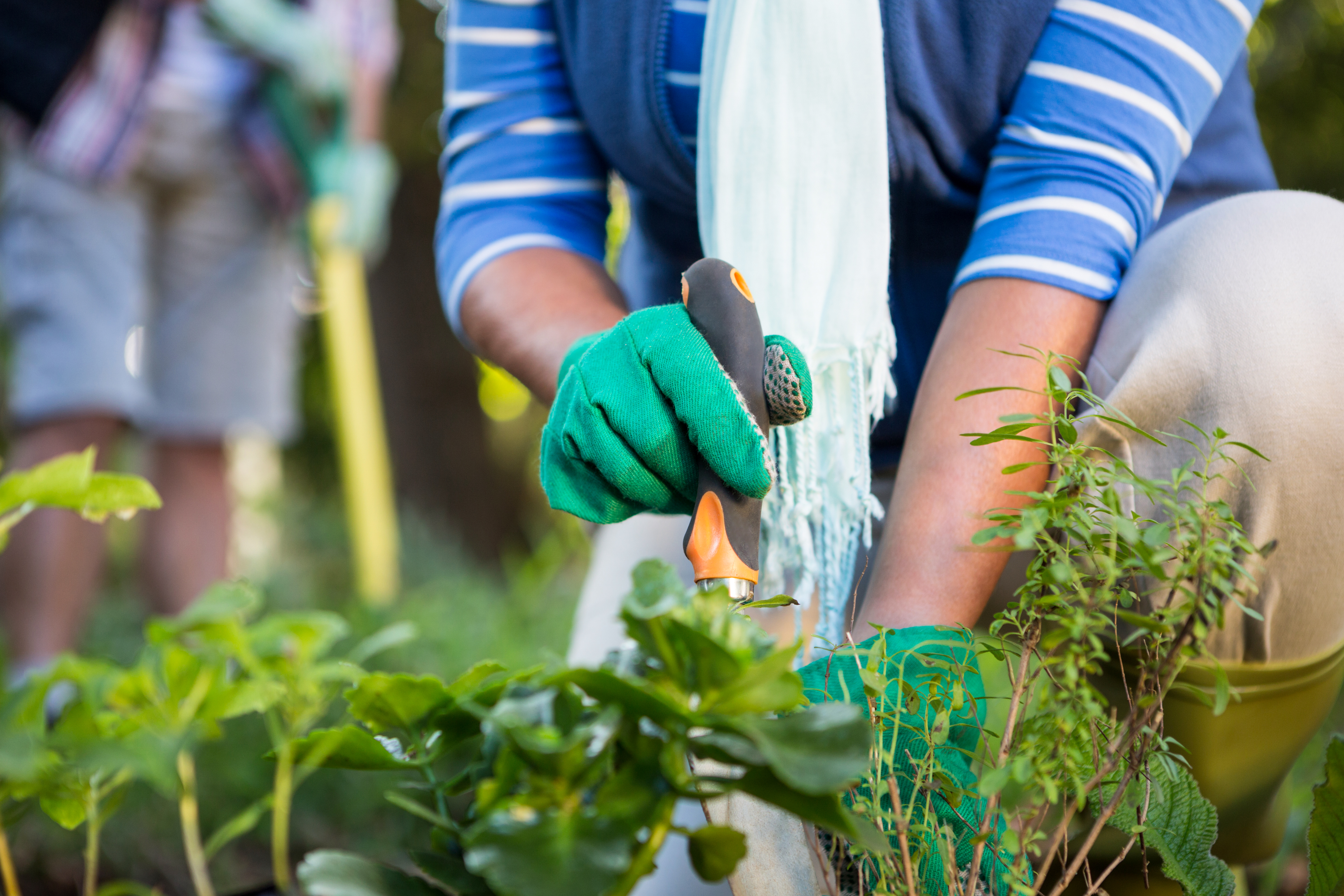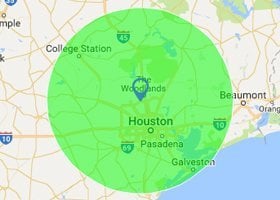Can I Plant a Garden or Bushes Over my Drain Field?
Since we all know a plant needs soil to grow, what better soil than one that’s naturally fertilized? The space where your septic system drains can be utilized, but here are some things to consider before planting.

What is a septic tank?
In the countryside, it's just not possible to fit sewer lines to really remote homes, so septic tanks are used to essentially the household’s waste. But, septic tanks can be used to make good use of it too, which is why septic tanks usually also have drain fields that connect to them. The tank captures dirty dishwater, bathroom waste and bits of food that has been put down the sink. The septic tank is underground and it's fitted with perforated pipes that will allow the liquid in the tank to bleed out into the soil. This allows the waste you create to be harnessed in feeding the soil out back in your garden and possibly grow stuff.
Planting things
You may be wondering, what can you plant in a drain field? Well, we don’t recommend that you plant plants as the roots can clog up the pipes and cause a blockage that can only be fixed by unearthing the plants thoroughly. We recommend that you essentially plant flowers and plants that are not water-loving. They should be content with moist soil but not really thirsty. It's common to just have a lawn over the drain field, so it looks smooth and neat in your backyard.
Trees and shrubs are just a no-go. It doesn’t make any sense to plant a tree as it will demand a lot of water and the roots will be very deep. Shrubs may look harmless but they too, demand a lot of water to survive and grow.
We think you should plant things like Barren Strawberry, Beardtongue, Black-eye-Susan, Astilbe or Blazing Star. These are plants and flowers that don’t have deep roots and they still make the garden attractive.
But what to choose?
It's important to note that you should check the pH of the soil to make sure you know what you can and can’t grow. Your household’s waste might not be very acidic and thus, your soil will not be as fruitful for anything you plant. Sometimes, soil can hold harmful pathogens which can then seep into things like your vegetable patch. Obviously eating contaminated vegetables is dangerous so you must first assess the quality and safety of your soil. Hiring an expert to do this for you might be prudent. The salt level is also critical as some plants cannot handle a high salt level and thus can be the case in some drain fields.
If you have any further questions about how to maintain a drain field or what else can you grow on yours, then feel free to give us a shout. If you’d like more information on septic tanks and which one you should buy, contact us on 281-487-3400, on via our social media or enquiry page.





